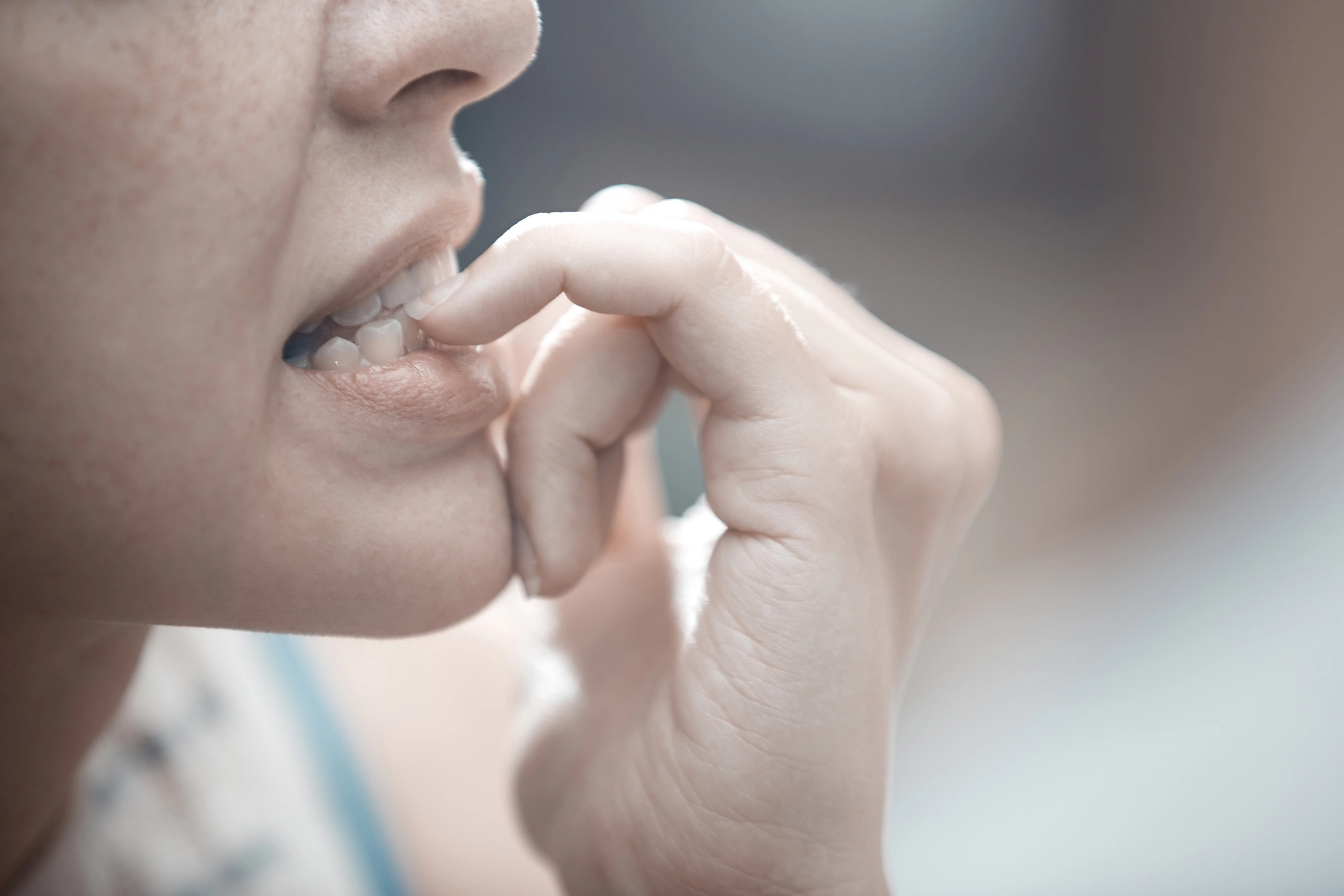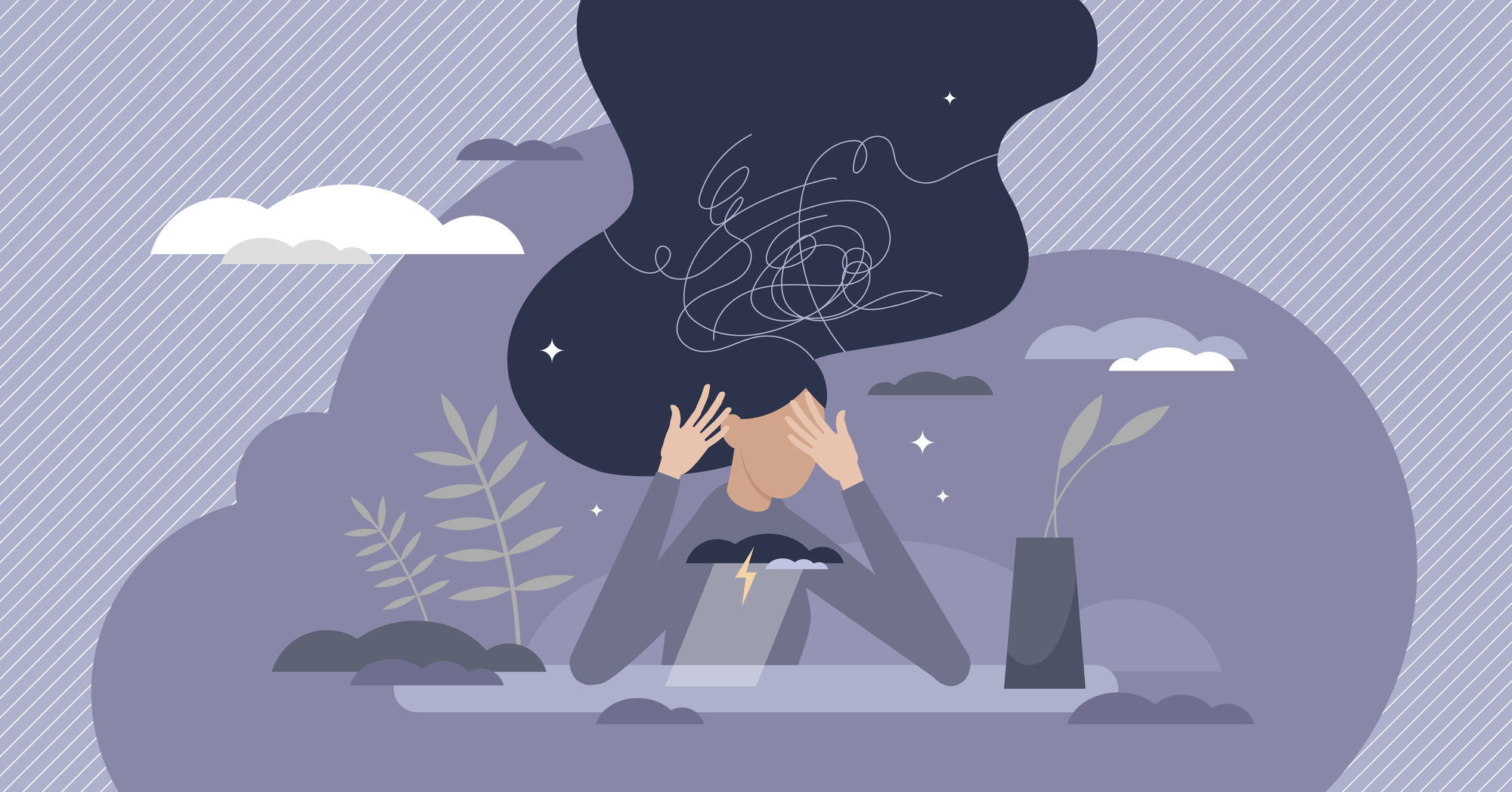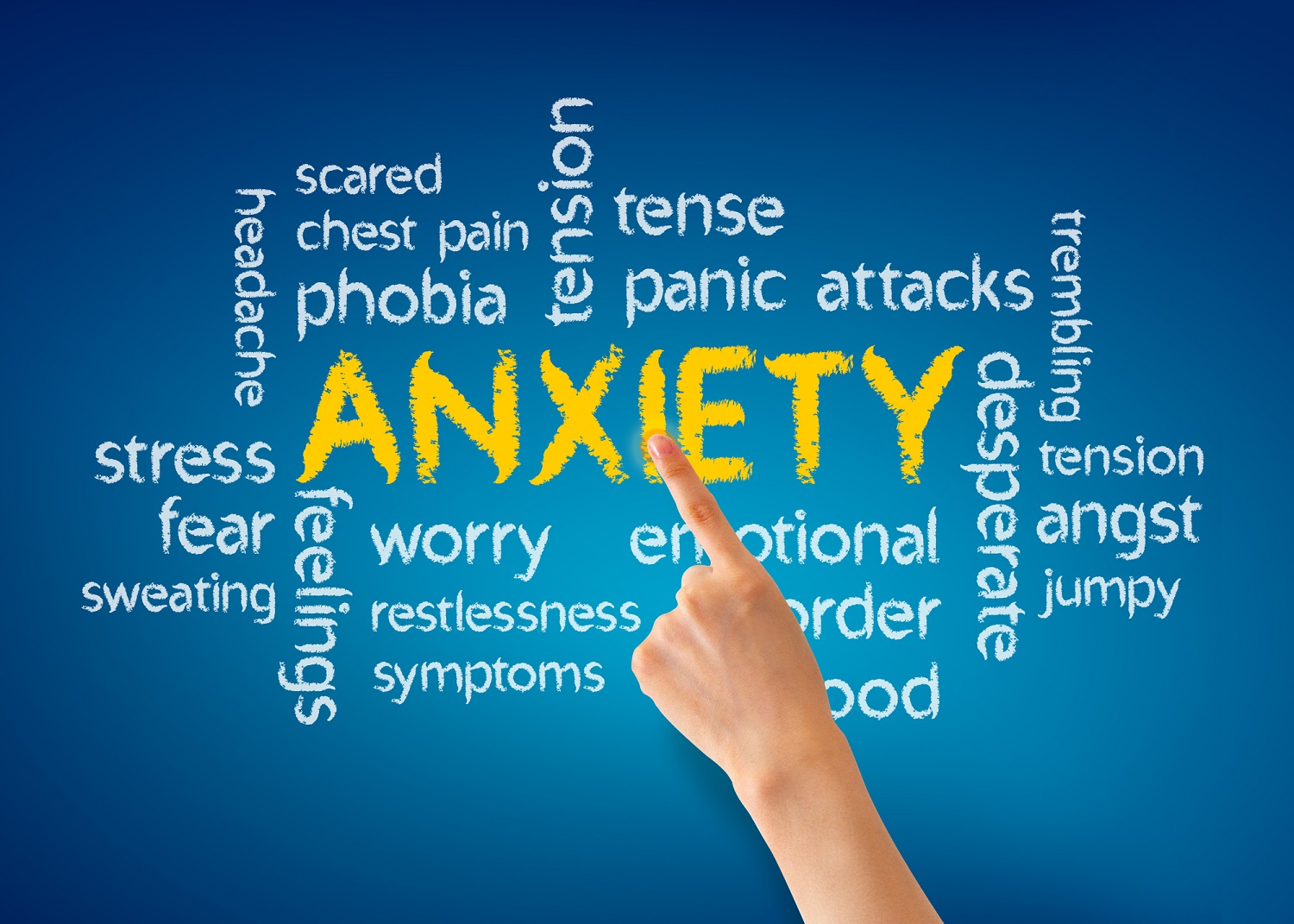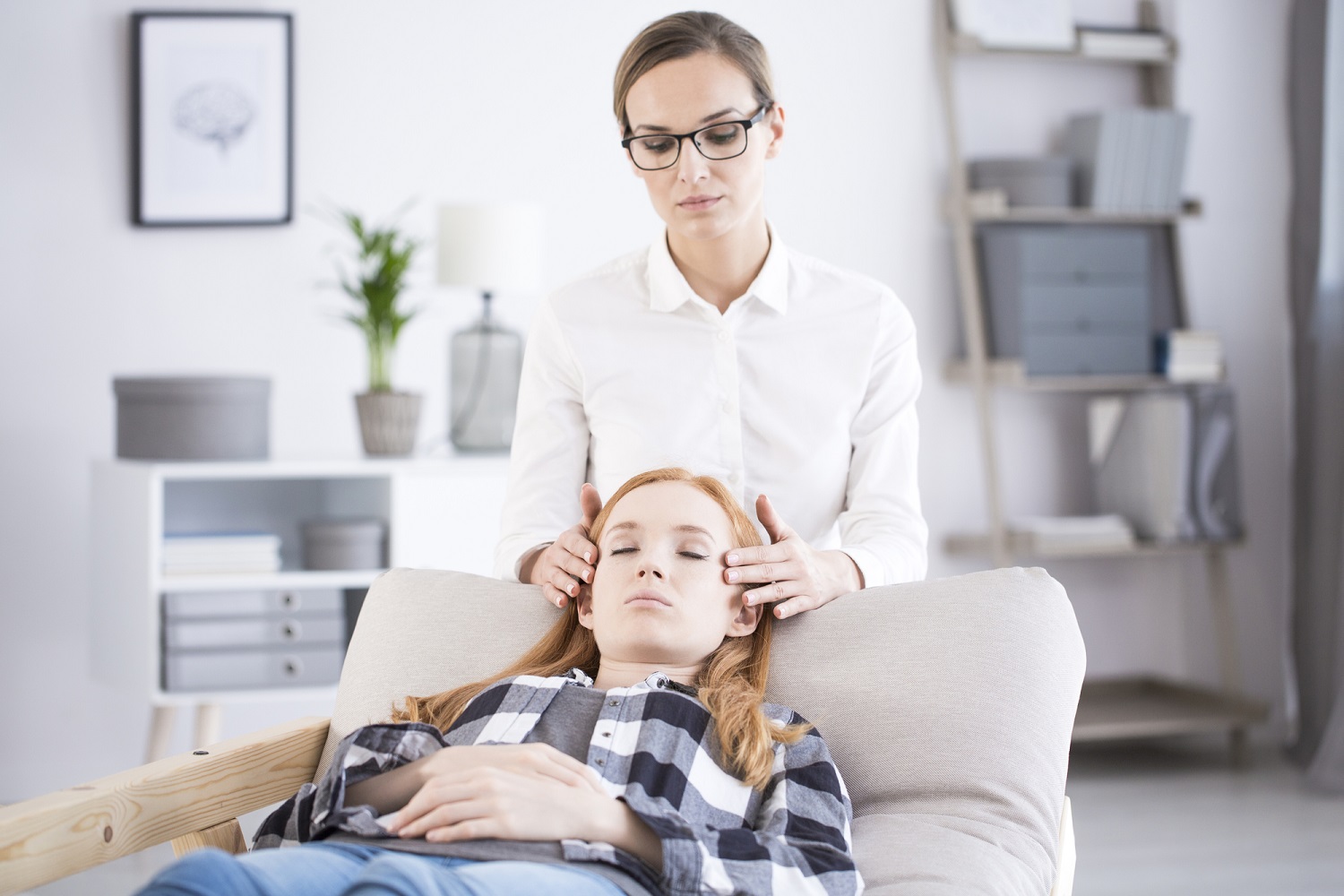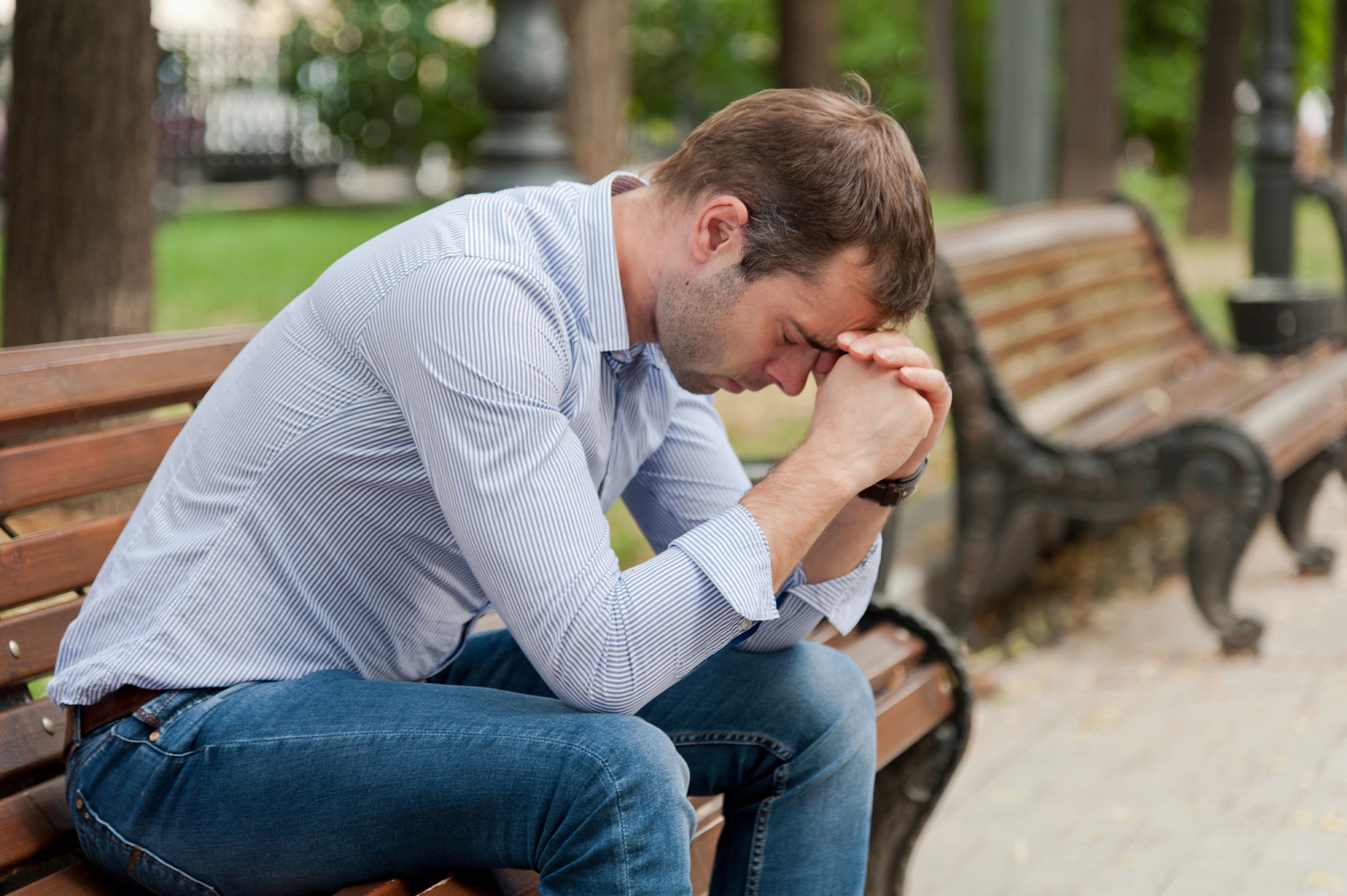Are you wondering, “Do I have anxiety?” “What are the signs of anxiety?” or “What does anxiety feel like?” Learn more about what living with anxiety feels like and the mental and physical symptoms those living with anxiety may experience.
Fast Facts: What is Anxiety?
Is Anxiety Different From Stress?
Some feelings of anxiety from time to time are normal. However, if you’re frequently experiencing anxiety, it may be a sign you need medical treatment for anxiety. Anxiety disorders are medical conditions that go beyond normal feelings of stress or worry. Anxiety is a complex mental health condition characterized by worried thoughts, feeling tense, and physical symptoms like increased blood pressure. People with anxiety disorders usually have recurring intrusive thoughts or worries that they struggle to cope with.
Is Anxiety Common?
Yes, anxiety is common. Anxiety affects millions of people worldwide; an estimated 19.1% of people living in the United States have anxiety. However, just because anxiety is common doesn’t mean it isn’t a severe condition.
Can Anxiety Impact Your Body?
Yes. Anxiety can affect all aspects of someone’s life, including thoughts, feelings, and physical well-being. Anxiety can result in stomach issues, increased blood pressure, headaches, fatigue, increased heart rate, and more.
Are There Different Types of Anxiety?
Yes, there are different types of anxiety, and each type can have unique symptoms. Types of anxiety include Generalized Anxiety Disorder, Social Anxiety, Panic Disorder, and Phobias. However, anxiety disorders all tend to have one shared commonality: persistent, excessive fear or worry in non-threatening situations.
What Does Anxiety Feel Like Mentally?
Anxiety can take many forms: thought patterns, worry, dread, fear, apprehension, hypervigilance, and more. Below are some common experiences of those living with anxiety.
1. Constant Worry and Overthinking
One of the hallmark features of anxiety is persistent worry. Individuals with anxiety often find themselves caught in a cycle of overthinking. Overthinking can include ruminating on past events or fretting about future possibilities. Rumination and future thinking can lead to feelings of restlessness or an inability to relax. This combination can create a sense of being trapped in your own thoughts.
2. Irritability and Mood Swings
Anxiety can also manifest in mood changes. People with anxiety may experience heightened irritability. Those who are irritable because of anxiety may become easily frustrated or angry over seemingly minor issues. These reactions are often a result of the constant strain that anxiety places on the mind, leaving individuals feeling on edge.
3. Fear and Panic
Intense fear or panic attacks are common among those with anxiety disorders and are often colloquially referred to as “anxiety attacks.” “Anxiety attacks” or panic attacks are episodes of fear or overwhelm, marked by a sudden surge of fear that peaks within minutes.
What does it feel like to have an anxiety attack or panic attack?
Some symptoms of an anxiety attack or panic attack may include a racing heart, shortness of breath, and a feeling of impending doom. These intense moments of fear or panic are an overwhelming and genuinely terrifying experience.
4. Apprehension
Apprehension in anxiety often manifests as anticipatory anxiety, where individuals find themselves preoccupied with thoughts of future events or potential negative outcomes. This state of constant anticipation can create a paralyzing fear. Apprehension in anxiety can leave individuals feeling stuck and unable to move forward.
5. Dread
People living with anxiety may experience dread or a deeply felt sense of impending doom. Dread may be experienced as an overwhelming feeling that something terrible is about to happen, even without any real threat. Feelings of dread can lead to avoidance behaviors. Individuals may start to steer clear of situations or activities that they associate with these intense feelings of dread
6. Hypervigilance
Those experiencing life with anxiety may be predisposed to hypervigilance. Hypervigilance is heightened awareness of your surroundings and a state of increased alertness. Those experiencing hypervigilance are more sensitive to their surroundings and potential “hidden dangers” – whether from other people or their environment. In many cases, however, these dangers are not real and cause undue stress or reactive, jumpy behaviors.
How Does Anxiety Impact the Body?
1. Exhaustion and Fatigue
Does anxiety make you tired? Yes, it can. The constant mental turmoil associated with anxiety can take a physical toll. Anxiety can lead to exhaustion and fatigue. Despite feeling tired, individuals with anxiety may have a hard time falling asleep or experience disturbed sleep, further exacerbating their fatigue.
2. Muscle Tension, Headaches, Twitching, Tremors, and Sweating
Beyond fatigue, anxiety often leads to other physical symptoms. Some common physical symptoms of anxiety include muscle tension, sweating, headaches, involuntary twitching, or body tremors. The body’s fight-or-flight response is activated during periods of anxiety, causing muscles to tense up in preparation for a perceived threat. Over time, this can result in chronic pain and discomfort.
3. Gastrointestinal Issues
Anxiety and stomach issues can go hand in hand. Anxiety has a strong connection to the gastrointestinal system, with many individuals reporting issues such as nausea, diarrhea, or irritable bowel syndrome (IBS). The gut-brain axis, the bidirectional communication between the gut and the brain, plays a significant role in these symptoms.
4. Racing Heart or Shortness of Breath
Much like excitement or physical activity, anxiety can cause your heart to beat faster or your breath to shorten. Those with anxiety may experience a persistently high heart rate or an elevated heart rate during intense periods of anxiety. They may also find it challenging to take what feels like a “full” breath and experience shallow breathing, gasping, or a choked feeling.
Navigating Anxiety: Strategies for Support
Understanding the experience of anxiety is the first step toward finding relief. Whether you or a loved one are struggling with anxiety, it’s crucial to reach out to healthcare professionals – such as the experienced team at Bespoke Treatment, to receive personalized and evidence-based care.
Here are some strategies that may help:
- Cognitive-Behavioral Therapy (CBT): CBT is a highly effective form of therapy for anxiety, helping individuals identify and challenge negative thought patterns while developing healthier coping strategies.
- Mindfulness and Relaxation Techniques: Meditation, deep breathing, and progressive muscle relaxation can help calm the mind and reduce anxiety symptoms.
- Medication: Sometimes, medication may be recommended as part of a comprehensive anxiety treatment plan. Only a healthcare professional can determine the most appropriate action based on individual needs.
- TMS: Transcranial Magnetic Stimulation, or TMS, is a medication-free way to treat anxiety. TMS for anxiety involves using an electromagnetic coil close to the scalp. The TMS coil delivers magnetic pulses into the brain, which can alter nerve cell activity in parts of the brain involved in mood regulation and increase neuroplasticity.
- Ketamine Therapy: While not yet FDA-approved, research on ketamine infusions for anxiety is promising.
- Intensive Outpatient Programs (IOP): IOPs are structured, long-term approaches for difficult-to-treat mental health disorders, such as anxiety. IOP programs combine scientifically backed treatments with multiple modes of therapy to provide comprehensive care.
Get Help for Anxiety at Bespoke Treatment
Are you looking for a way to treat anxiety? Support is available if anxiety is impacting your life. Living with anxiety can be a challenging and isolating experience, but we’re here to help.
At Bespoke Treatment, we understand the complexities of anxiety and are committed to providing personalized care to help individuals navigate their mental health journey. If you or someone you know is struggling with anxiety, reach out to us today to explore the range of treatment options available – including psychiatry, medication management, TMS therapy, Ketamine therapy, neurofeedback, and our Intensive Outpatient Program.
Get in touch today to learn more about anxiety treatment in Los Angeles. We have patients travel from all over the country who are searching for mental health treatment near them.



